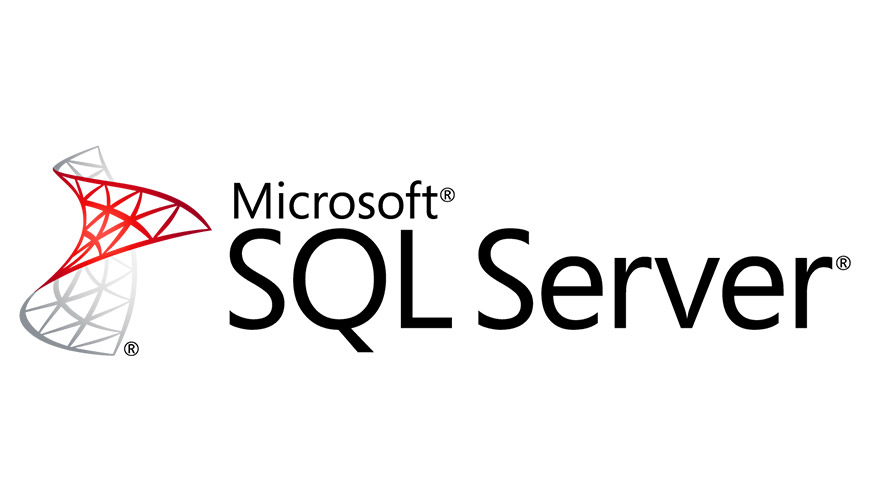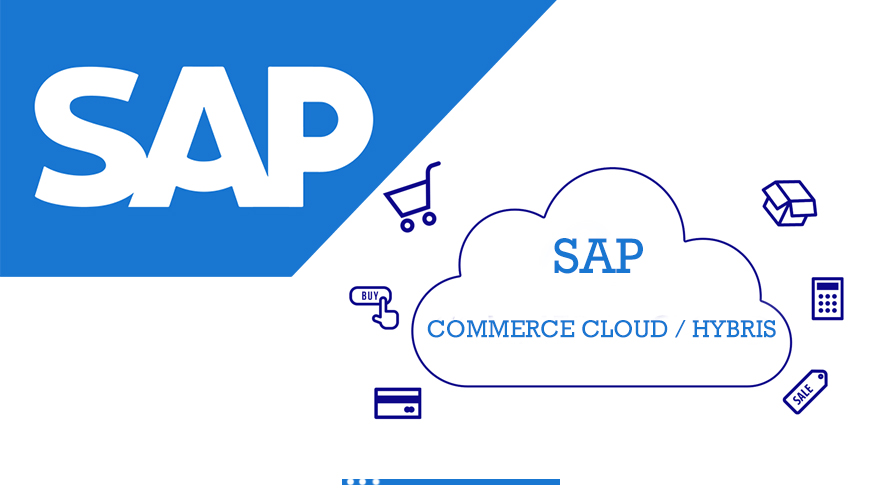In the fast-paced realm of software development, two buzzwords often echo through the corridors: DevOps and Automation. While both are integral to the modern software development lifecycle, they are not synonymous. Understanding the distinctions between DevOps and Automation is crucial for any organization striving for efficiency, collaboration, and innovation. In this article, we’ll delve deep into what sets these concepts apart and how they complement each other.
DevOps: Collaboration Beyond Silos
DevOps is a cultural and philosophical shift in software development that advocates collaboration and communication between development (Dev) and IT operations (Ops) teams. It aims to break down traditional silos, fostering a culture of shared responsibility from the initial stages of development to deployment and beyond. DevOps encourages a holistic approach, ensuring that software is not only developed rapidly but also deployed and maintained efficiently. The DevOps Training in Hyderabad program by Kelly Technologies can help to develop the skills needed to handle the tools and techniques associated with DevOps.
Key Components of DevOps:
-
Collaboration: DevOps emphasizes cross-functional collaboration, ensuring that developers, testers, and operations teams work together seamlessly.
-
Automation: Automation is a vital component of DevOps, enabling the continuous integration, continuous delivery (CI/CD) pipelines, automated testing, and infrastructure provisioning.
-
Monitoring and Feedback: DevOps practices include continuous monitoring of applications and infrastructure. Feedback loops allow teams to identify issues promptly and improve continuously.
Automation: Streamlining Repetitive Tasks
Automation, on the other hand, refers to the process of using technology to perform tasks without human intervention. In the context of software development, automation involves scripting and tools to streamline repetitive and time-consuming tasks, allowing developers and operations teams to focus on more strategic and creative aspects of their work.
Examples of Automation in Software Development:
-
Build and Deployment Automation: Automating the build and deployment processes ensures consistency and reduces the risk of human errors.
-
Testing Automation: Automated testing frameworks and tools help in running tests automatically, ensuring the software’s quality and reliability.
-
Infrastructure Provisioning: Tools like Terraform and Ansible automate the provisioning of infrastructure, making it faster, more reliable, and reproducible.
Bridging the Gap: How Automation Enhances DevOps
While DevOps encompasses collaboration and automation, the relationship between the two is symbiotic. Automation is the engine that drives the DevOps lifecycle. Here’s how automation enhances DevOps practices:
-
Speed and Efficiency: Automation accelerates development and deployment processes, enabling organizations to release software faster and respond swiftly to market demands.
-
Consistency: Automated processes ensure consistency in deployments and configurations across different environments, reducing the chances of configuration drift and errors.
-
Reliability: Automation eliminates the human factor in repetitive tasks, making processes more reliable and reducing the likelihood of human-induced errors.
-
Scalability: Automated provisioning and configuration management allow organizations to scale their infrastructure up or down based on demand, ensuring optimal resource utilization.
-
Continuous Improvement: Automation provides valuable data and metrics, enabling teams to analyze performance, identify bottlenecks, and make data-driven decisions for continuous improvement.
Conclusion
In the ever-evolving landscape of software development, embracing both DevOps and Automation is not just a choice but a necessity. DevOps fosters a collaborative culture, breaking down silos, and promoting shared ownership. Automation, the backbone of DevOps, streamlines processes, ensuring speed, consistency, and reliability.
By integrating automation into the DevOps mindset, organizations can achieve not only faster delivery but also higher-quality software. The synergy between DevOps and Automation empowers teams to innovate, adapt to change, and deliver exceptional value to their users, solidifying their position in the competitive tech industry.





